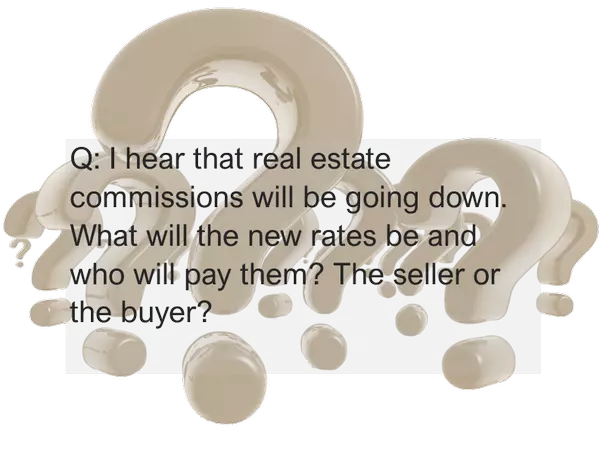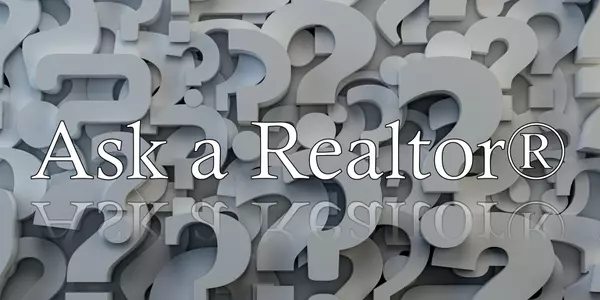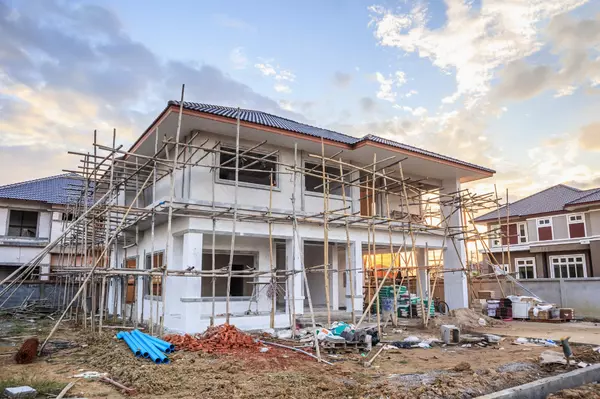Easing Interest Rates Prompt Homeowner Refinances

As mortgage interest rates have eased over the past few weeks, more and more homeowners are taking the opportunity to refinance their mortgages and lower their monthly payments. According to a report from The Mortgage Bankers Association, refinance applications were up nearly 60% compared to the s
Read MoreNew Laws that Help Florida Homeowners Effective July 1, 2024

The latest legislative session brings a slew of new laws that will affect homeowners here in Central Florida and across the state. These laws are design to help and protect property owners and to make housing more affordable. Here are some of the highlights: The Hometown Heroes Housing Program has
Read MoreFlorida Homeowners See More Options for Insurance

At last! Florida homeowners have more options for homeowner’s insurance! As what is predicted to be an “above-normal” hurricane season began June 1st, many insurers in Florida have been dumping policies to avoid the high risk. Luckily homeowners have several new insurance options in addition to the
Read MoreWho Will Pay Buyer Agent Commissions? - Ask a Realtor®

A: The short answer is, “We don’t know”. You may have heard on the news that the National Association of Realtors® (NAR) and several large real estate brokerages recently agreed to settle a class-action law suit which will force agents to lower their commissions. The details of the case are long and
Read More
Categories
Recent Posts











